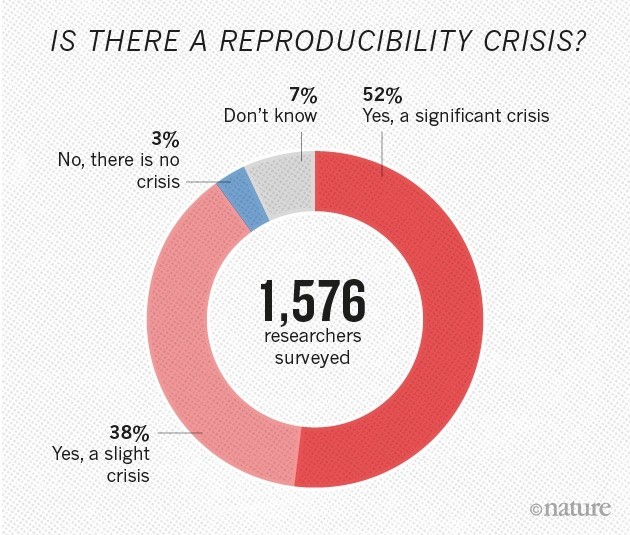Ronald Risher
Draftee
- Aug 27, 2013
- 17
- 16
- AFL Club
- West Coast
Cold water poured on scientific studies based on 'statistical cult'
Top statisticians are asking serious questions about dozens of research projects carried out by Australian sports scientists using a controversial method.
I wonder how prevalent this is within the AFL system?





